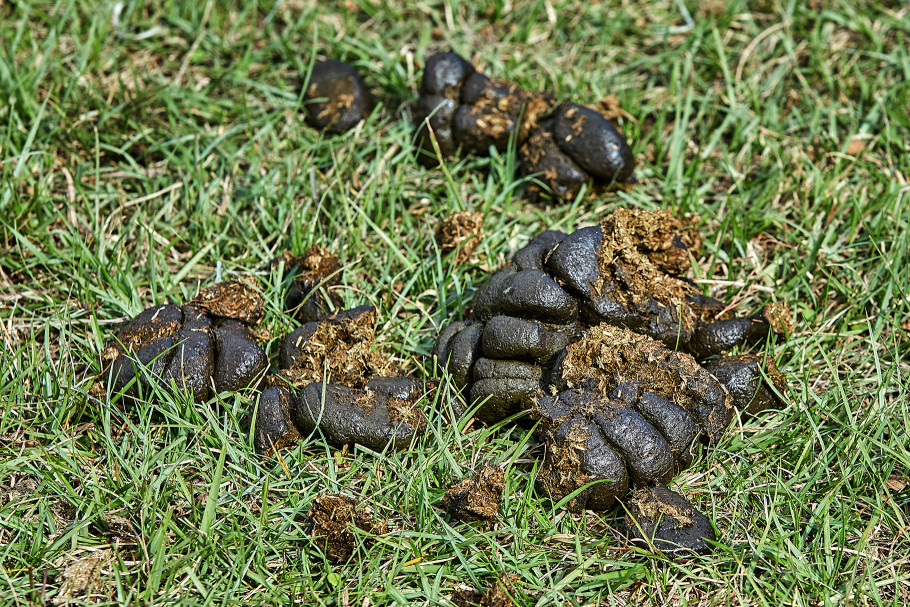Out with the Old Horse Deworming Schedule & Rotational Chart
Updated June 28, 2024

Deworming Schedules: Then vs Now
Back in the 70s, over-the-counter paste dewormers had just come on the market and were an excellent way for owners to protect their horses from the number one parasite threat: large strongyles.
Because dewormers then weren’t as effective as they are now, veterinarians advised owners to switch between the different classes of dewormers so that all species of parasites would be controlled. Therefore, every barn posted a rotational deworming schedule, and most horses were dewormed every two months, year-round, alternating between a benzimidazole, pyrantel, and ivermectin.
But things have changed. Now small strongyles pose the largest threat to adult horses and many parasites have developed resistance to the dewormers we’ve been using.
Fortunately, veterinarians have devised a new strategy in the war on parasites: targeted deworming. By performing a fecal egg count (FEC) test, horses can be identified as low, moderate, or high parasite egg shedders, and then a targeted deworming approach can be implemented.
Determining a Deworming Schedule for Your Horses

Modern, veterinarian-recommended methods involve all adult horses being dewormed once or twice a year— at the beginning and end of parasite transmission season.
Horses that shed moderate to high numbers of parasite eggs should have additional deworming treatments during the grazing season when parasite transmission is high. You can identify whether your horse needs more than two dewormings per year with a FEC performed twice per year (the recommended amount for all adult horses).
Change is hard, but by shifting from a schedule of blindly rotating anthelmintic products to a targeted deworming approach, owners will do a better job of protecting their horses from parasites and the problems they can cause
Video on When to Deworm a Horse
In this Ask the Vet video, Dr. Lydia Gray answers a horse owner’s question on which months are best to deworm horses, mules, and donkeys.